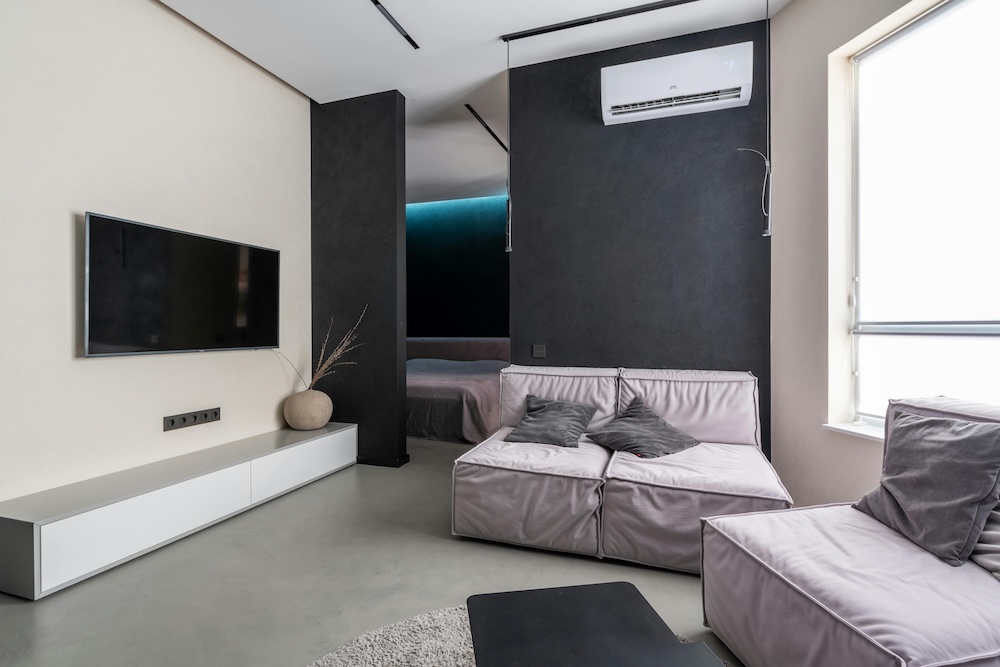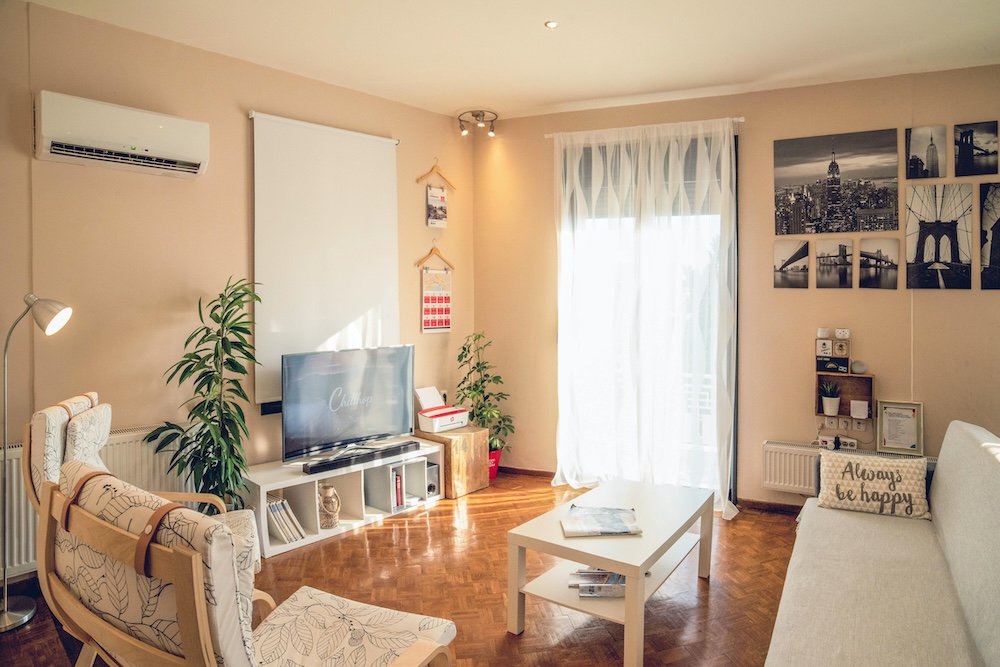
Choosing the right aircon system for your home in Singapore isn’t always straightforward — especially with so many options available, from split aircon units to ducted systems and more. Each type comes with its own features, installation needs, and costs, so it’s important to know what suits your space best.
In this guide, we’ll walk you through the four main types of air conditioning systems, helping you understand their differences so you can make an informed choice based on your home layout, lifestyle, and budget.
Let’s break down the four most common types of aircon systems available for residential use in Singapore — including how they work, what makes them suitable for different homes, and their key pros and cons.
The most common choice in Singapore homes, a split aircon system consists of two main components:
These units are connected by refrigerant piping and electrical lines.
Advantages of split aircon systems:
Split systems also come in multi-split configurations, such as System 3 (three indoor units, one outdoor) or System 4 (four indoor units, one outdoor), making them ideal for HDB flats and condos.
Central air conditioning systems are often used in larger landed homes or condos undergoing major renovation. These systems cool your entire home from a single, central outdoor unit via concealed ductwork.
They typically include:
Advantages of central aircon systems:
Things to consider: Central systems come with a higher aircon price and more complex aircon installation compared to split units. Proper duct maintenance is also crucial for efficiency and air quality.
Portable air conditioners are compact, freestanding units that cool a single room. They’re a plug-and-play solution — just place them near a window for exhaust venting.
Advantages of portable aircon units:
However, they do have limitations such as:
Window air conditioners are self-contained units that fit into a window or specially constructed wall opening. They’re less common in modern homes but still seen in older flats or commercial settings.
Advantages of window air conditioners:
Some common limitations include:
When selecting an aircon system for your home, it’s important to consider the following:

Understanding the different types of air conditioning systems is the first step to creating a cool, comfortable, and cost-efficient home environment. Whether you're planning a renovation or simply upgrading your current setup, choosing the right system makes all the difference.
At 81 Aircon, we’re here to help. Our licensed technicians specialise in aircon installations, from split aircon units in HDBs to full central cooling systems for larger homes. We provide clear, upfront aircon prices, honest advice, and professional servicing to ensure your cooling system is built to last.
Contact us today for a free consultation or a customised quote. Let us help you make the smart choice — and enjoy a cooler home, the 81 Aircon way.